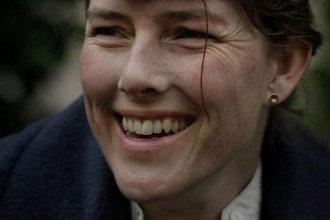Kabul stops time. Its mountains are songs. When I landed, its voice enveloped me. While there I taught literary workshops at Kabul University and the American University of Kabul (sponsored by the Iowa International Writing Program, directed by Christopher Merrill, and the U.S. State Department). On my moments alone, I thought, as I do now: What is the length of our failure there? Where does its hope dwell today? What of its wounded beauty? What can the words of Afghan writers offer in form of solution or solace? With such a rich literary and intellectual heritage to turn to, from Rahman Baba and Ali-Shir Nava’i to Mahmud Tarzi and Ustad Khalili, Jalil Zaland and Abdul Bari Jahani, Nadia Anjuman and Prix Goncourt winner Atif Rahimi, Afghan American Zohra Saed (who played a role on my journey to becoming a university professor) to the voices that can be found in the Afghan American Artists and Writers Association, and the Afghan Women’s Writing Project.
How can past traditions be preserved while pursuing a forward motion? How do we think of the past in view of so many pressing social problems? Prominent Afghans in the Diaspora and various organizations have offered their vision of change, among many others are The Khaled Hosseini Foundation, a nonprofit that provides humanitarian assistance as well as economic opportunities, education, and healthcare;Â and Turquoise Mountain, a British non-governmental organization, founded in 2006 at the request of HRH The Prince of Wales and the President of Afghanistan which offers a preservation of the past through the work of artisans. They established an institution for professional training in the arts where young Afghan artisans are trained in woodwork, calligraphy, ceramics, and other crafts. The organization has equally helped the transformation of the Murad Khani district of Old Kabul by renovating historical buildings and rebuilding infrastructure.
Despite numerous attempts—due to security reasons—I’ve not been able to return. But I also don’t remember leaving, perhaps because one never really leaves Afghanistan. Like missing someone you’ve briefly crossed but who is part of you. So I return to Rumi: “Lovers think they’re looking for each other, but there’s only one search: wandering this world is wandering that, both inside one transparent sky.â€
Click here to read ‘Opera Kabul’, by Nathalie Handal
Nathalie Handal was raised in Latin America, France and the Arab world, educated in the United States and United Kingdom, and has moved between cities in Asia, the Middle East, Europe, Latin America and the United States most of her life. Her recent books include the flash collection ‘The Republics’, lauded as “one of the most inventive books by one of today’s most diverse writers†and winner of the Virginia Faulkner Award for Excellence in Writing and the Arab American Book Award; the critically acclaimed ‘Poet in AndalucÃa’; and ‘Love and Strange Horses’, winner of the Gold Medal Independent Publisher Book Award. Handal is a Lannan Foundation Fellow, Centro Andaluz de las Letras Fellow, Fondazione di Venezia Fellow, and winner of the Alejo Zuloaga Order in Literature, among other honors. She is a professor at Columbia University and writes the literary travel column The City and the Writer for Words without Borders.













